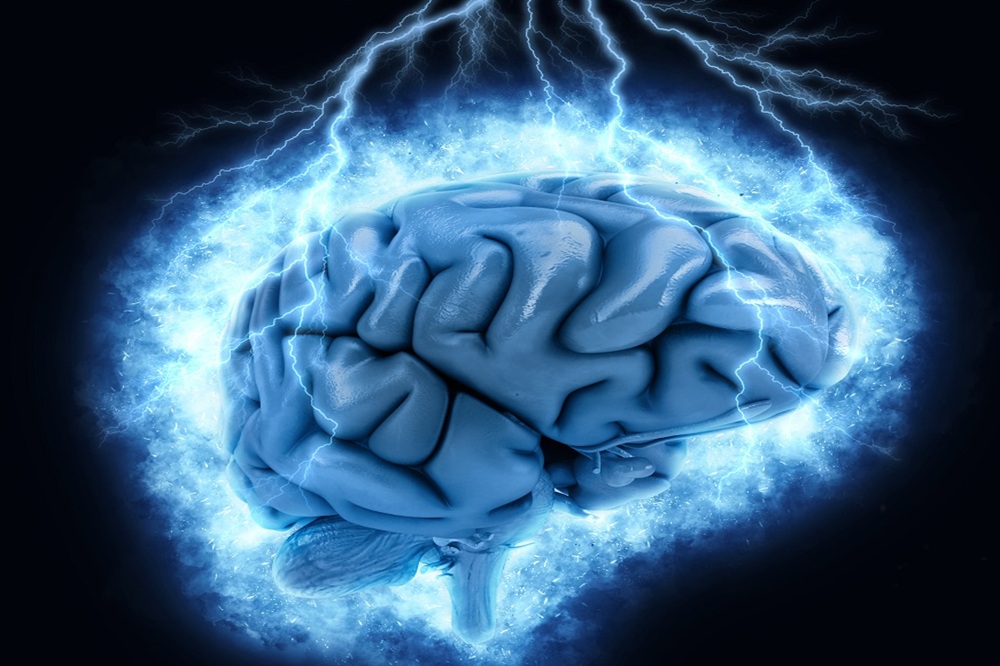
Neurosurgery is a surgical specialty that involves procedures on the nervous system to diagnose and treat conditions of the brain, spine, and peripheral nerves. A skilled neurosurgeon, who specializes in the nervous system, performs these complex operations. At Medcy Hospitals, our experienced neurosurgeons employ the latest surgical techniques to treat a wide range of neurological disorders. Our goal is to enhance patient outcomes and provide each patient with a better quality of life.
Comprehensive Neurosurgical Services at Medcy Hospitals
Medcy Hospitals offers a comprehensive range of neurosurgical treatments to ensure complete recovery and restore neurological function. Our services are categorized to help you better understand your treatment options.
Brain & Cranial Surgery
- Craniotomy: A surgical procedure that involves creating a small opening in the skull to access the brain. This is performed to remove a tumor, obtain a tissue sample, remove blood clots, and treat other brain-related issues.
- Subdural Hematoma Treatment: A serious condition where blood collects between the skull and the brain’s surface due to a head injury. Depending on the cause, treatment may involve a craniotomy or a less invasive burr hole surgery to drain the blood.
- Epidural Hematoma Treatment: A surgical emergency where blood collects between the skull and the dura mater, putting pressure on the brain. Emergency surgery is required to stop the bleeding and relieve the pressure.
- Decompressive Craniectomy: A surgical procedure where a portion of the skull is removed to relieve brain swelling and pressure, thereby preventing further brain injury.
- Brain Tumor Surgery (Excision): The surgical removal of a brain tumor. Our goal is to remove as much of the tumor as possible without damaging healthy brain tissue. This procedure helps relieve pressure on the brain and can slow tumor growth.
- Hydrocephalus Treatment: A condition where excess cerebrospinal fluid builds up in the brain. Treatment involves surgery, such as a Shunt Surgery to drain the fluid or an Endoscopic Third Ventriculostomy (ETV) to create a new pathway for the fluid.
- Brain Aneurysm Repair: A surgical procedure to treat a weakened blood vessel in the brain that has formed a balloon-like bulge. Treatment involves clipping the unruptured aneurysm to prevent a rupture, which can cause severe brain damage.
Spine & Peripheral Nerve Surgery
- Spinal Tumor Treatment: An abnormal growth in the spinal cord or bones. Surgery is performed to remove the tumor, with the goal of causing minimal nerve damage.
- Spinal Cord Injury Treatment: Emergency surgery is performed to reverse as much of the damage as possible following a spinal cord injury. This is often followed by medication and rehabilitative therapies to restore function.
- Lumbar Decompression: A surgical procedure to treat compressed nerves in the lower spine, which can cause persistent pain and numbness in the legs.
- Microvascular Decompression (MVD): A surgery that treats pain, twitching, or spasms caused by a blood vessel compressing a nerve. It involves a craniotomy to place a tiny sponge between the nerve and the vessel.
Functional & Stereotactic Neurosurgery
- Functional Neurosurgery: This branch of neurosurgery focuses on treating chronic neurological disorders that affect daily functioning.
- Epilepsy Treatment: For advanced cases of this chronic neurological disorder, surgery may be used to remove damaged brain cells that cause seizures.
- Parkinson’s Disease Treatment: While incurable, surgical options like Deep Brain Stimulation can manage symptoms such as tremors, stiffness, and coordination problems.
- Deep Brain Stimulation (DBS): A surgical procedure where electrodes are implanted in specific areas of the brain. These electrodes generate electrical impulses to regulate abnormal impulses and manage irregular brain activity.
- Stereotactic Radiosurgery (SRS): A non-invasive procedure that uses highly focused radiation beams to precisely target and treat tumors and other issues in the brain, spine, and other parts of the body. It delivers high doses of radiation without the need for incisions, minimizing damage to surrounding healthy tissue.
Non-Surgical & Medical Management
- Stroke Treatment: A life-threatening condition where blood supply to the brain is cut off. Treatment involves emergency medications to dissolve blood clots and manage blood pressure. Surgery may be needed to stop bleeding or reduce brain swelling.
- Meningitis: An infection causing inflammation of the membranes covering the brain and spinal cord. Treatment depends on the cause and typically involves suitable medication.
- Encephalitis: A condition where the brain becomes swollen. Prompt treatment with medications is essential upon diagnosis.
- Peripheral Neuropathy: Damage to nerves outside the brain and spine, leading to numbness or pain. Treatments often involve addressing the underlying cause and managing symptoms.
- Muscular Dystrophy: A group of genetic conditions causing progressive muscle weakness. Treatment is a combination of medication, physical therapy, and lifestyle changes.
Specialties
- Bariatric Surgery
- Cardiology
- Cosmetic and Plastic Surgery
- Dental Science
- Diabetes / Endocrinology
- ENT (Ear, Nose, and Throat)
- Gastroenterology
- General Surgery
- Hepatology
- Internal Medicine
- IVF & Fertility
- Laparoscopic Surgery
- Nephrology
- Neurology
- Obstetrics & Gynaecology
- Oncology
- Orthopaedics
- Spine Surgery
- Support Specialties
- Urology